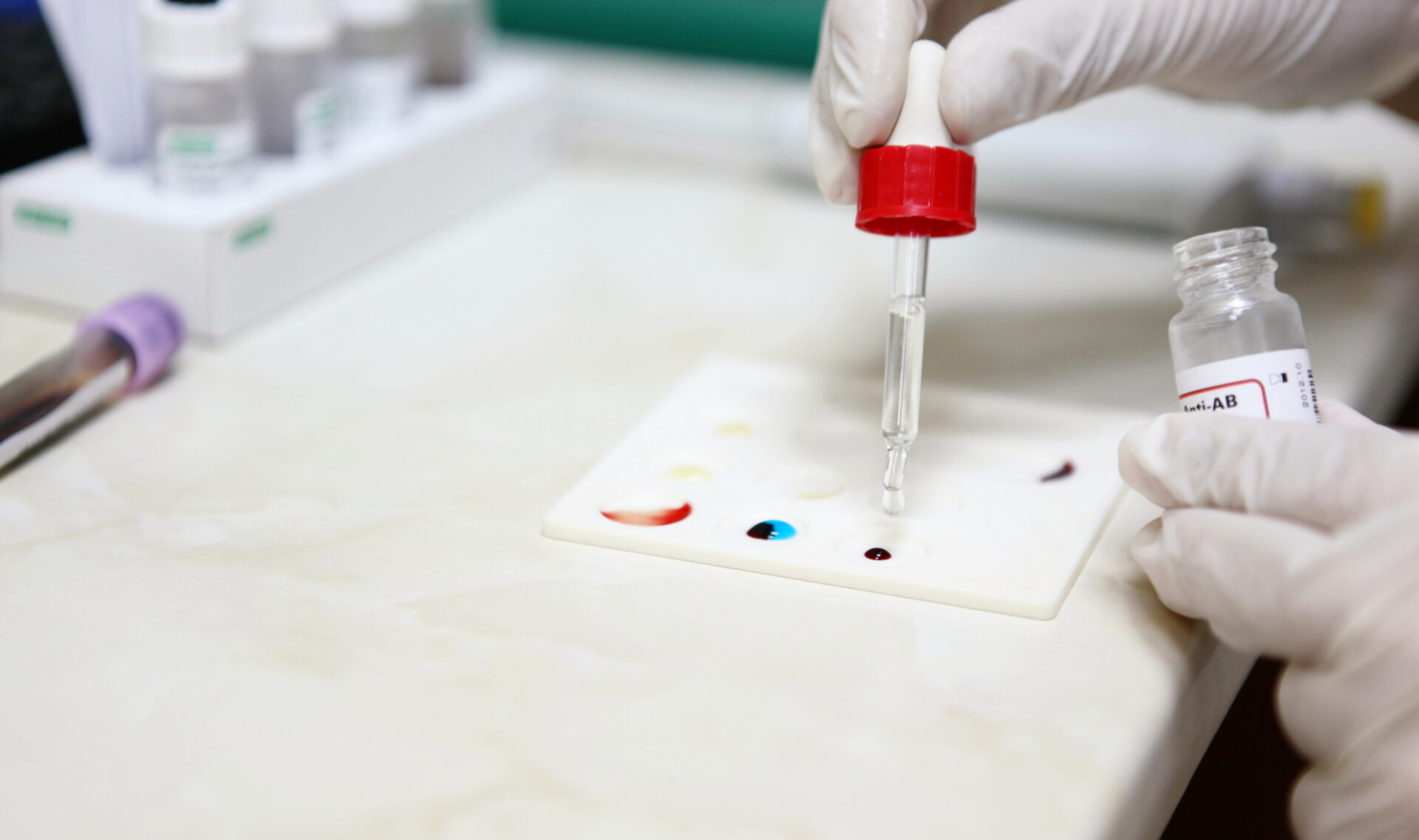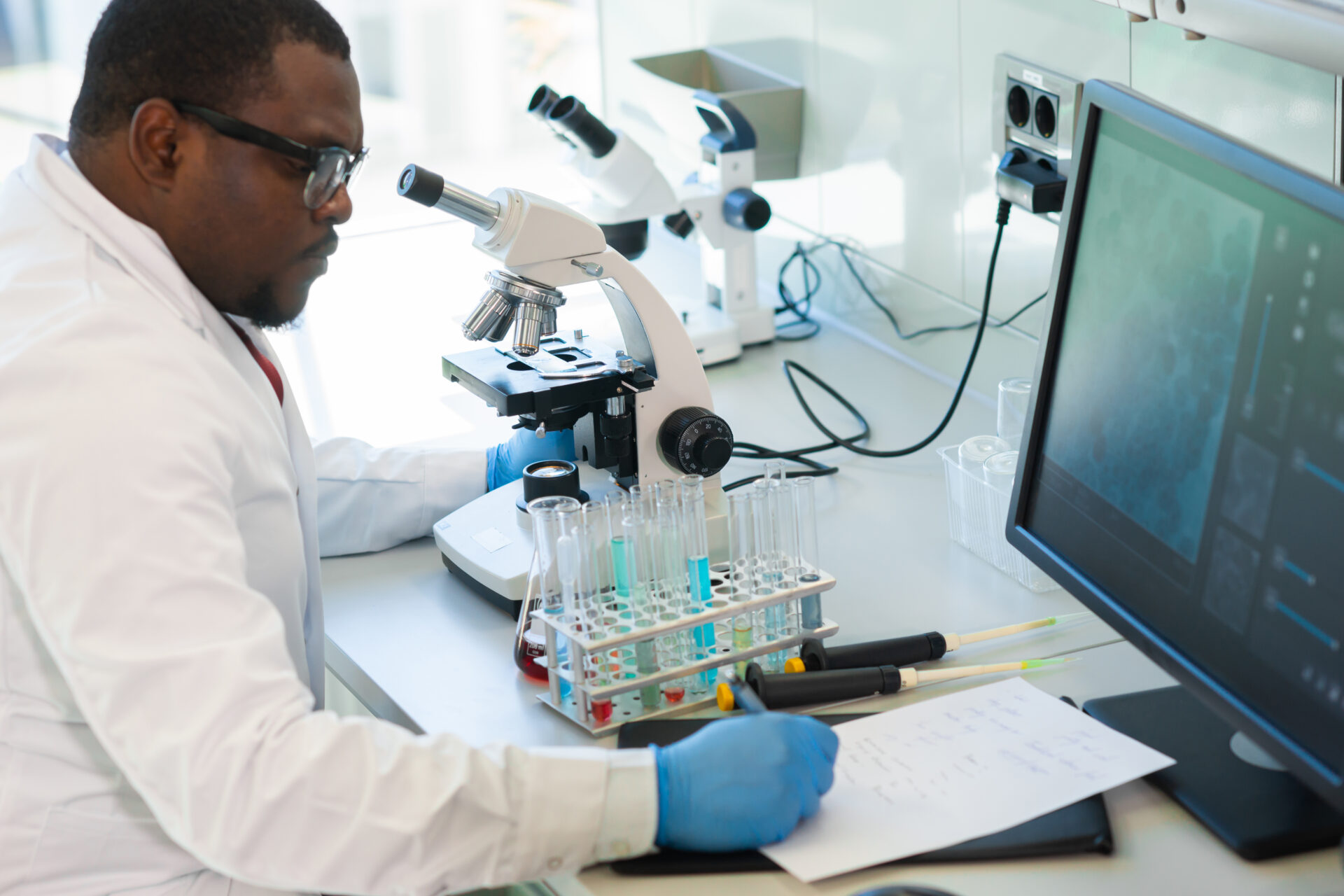Project Description
Performs laboratory tests that identifies diseases associated with blood and the blood-forming tissues. This department is also responsible for coagulation tests. These tests are used to diagnose and monitor defects in the patient’s blood clotting mechanism (the blood ability to form and dissolve clots). Quality controls and checks are run and recorded daily to ensure that the most accurate and precise results are produced.
Some of the tests done by the Hematology Department Include:
The ABO and Rh grouping systems are used to determine your blood type. There are eight possible types: O-positive, O-negative, A-positive, A-negative, B-positive, B-negative, AB-positive, and AB-negative.
Measures several components of blood such as red blood cells, white blood cells, hemoglobin and platelets.
Used as an indicator of inflammation in the body.
A hemoglobin electrophoresis blood test is used to measure and identify the different types of hemoglobin in blood. Genetic mutations can cause your body to produce hemoglobin that is formed incorrectly. This abnormal hemoglobin can cause too little oxygen to reach tissues and organs.
This test is done to evaluate the blood for its ability to clot.
This test is performed primarily to determine if heparin (blood thinning) therapy is effective. It can also be used to detect the presence of a clotting disorder.
Serum protein electrophoresis is used to identify patients with multiple myeloma and other serum protein disorders.
It results in an abnormality in the oxygen-carrying protein hemoglobin found in red blood cells.
Other Services
OPENING HOURS
| Monday – Friday | 7:30 – 5:00 |
| Saturday | 8:00 – 1:00 |



